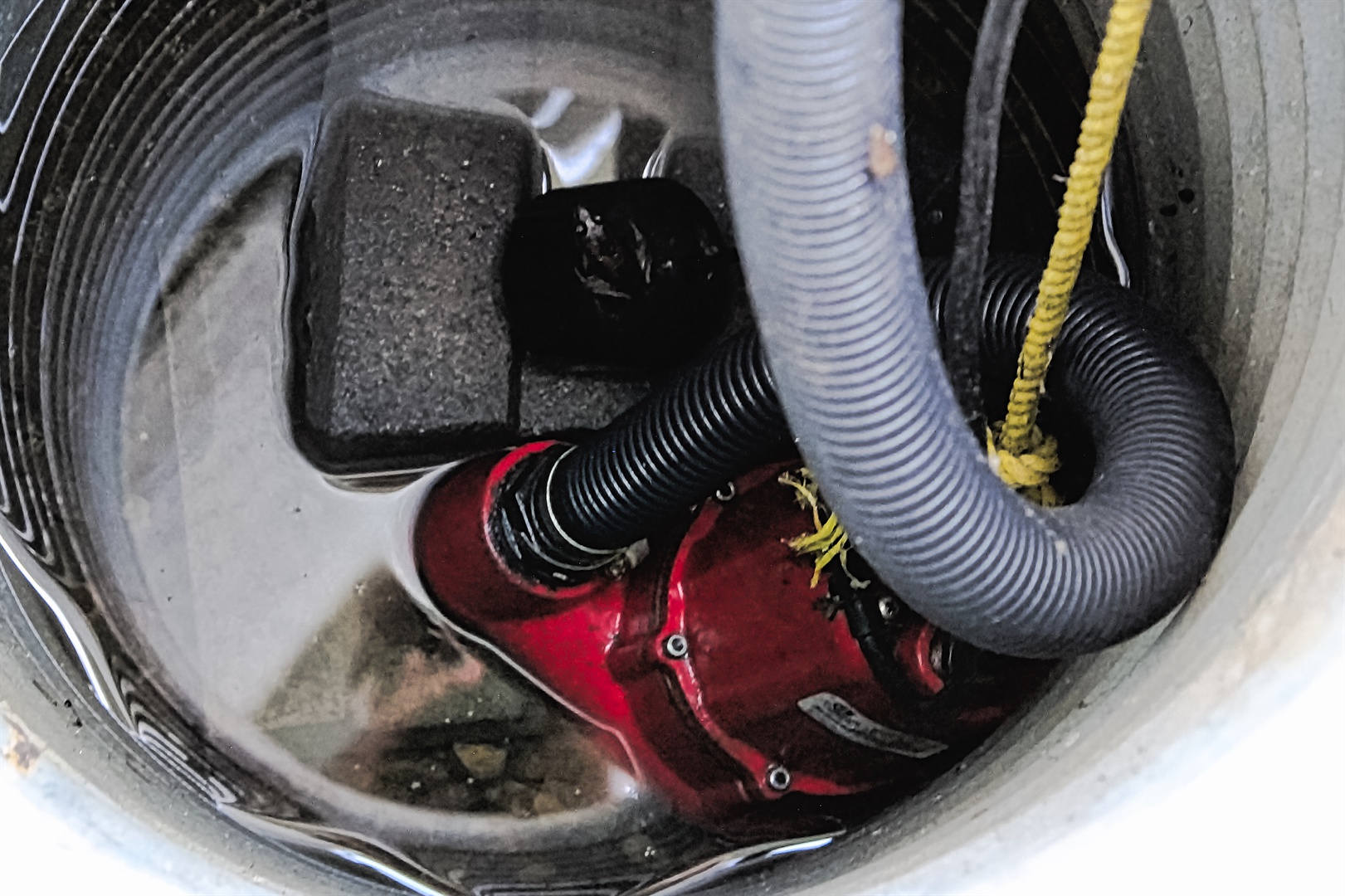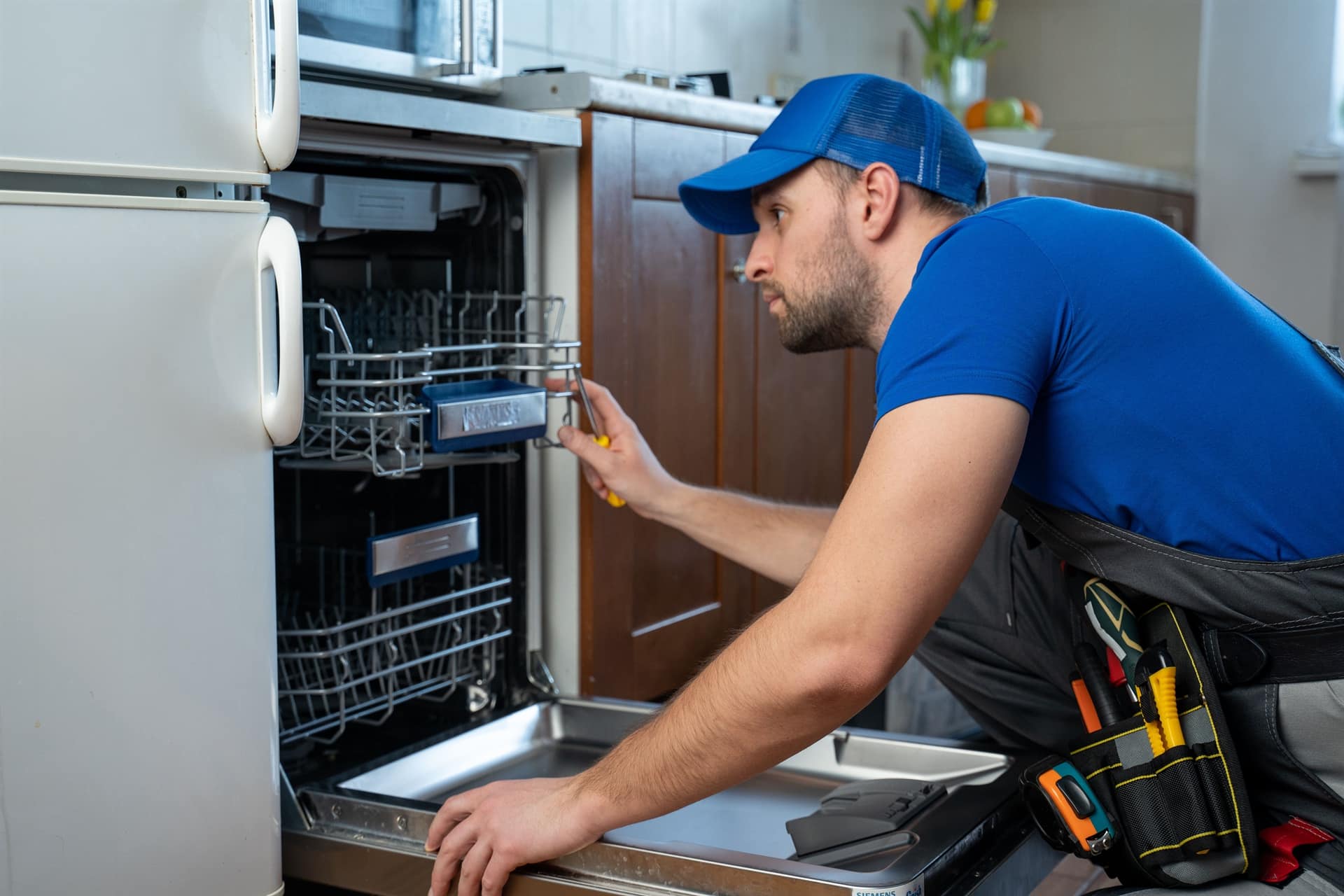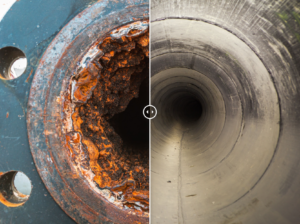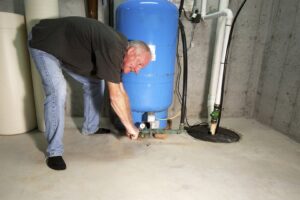Septic tanks are essential for homes that are not connected to a public sewer system. They serve as a private waste disposal system, managing and treating household wastewater. While many homes rely on septic tanks, others may be unsure if they need one. This article will explore the importance of septic tanks for homes and answer common questions about their function, installation, and maintenance.
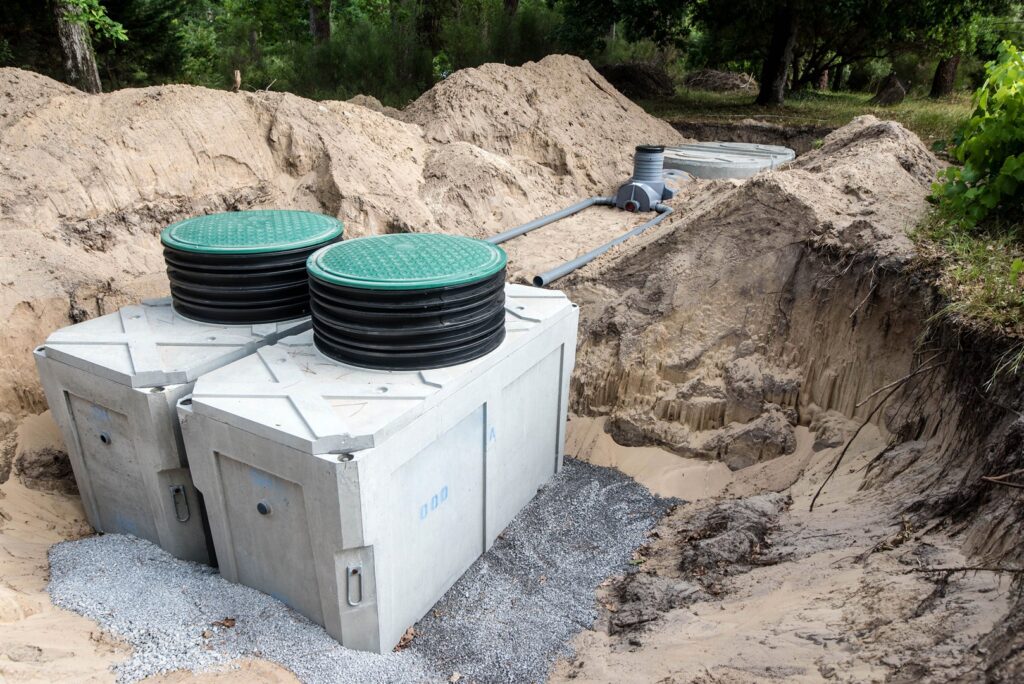
1. What is a Septic Tank and How Does it Work?
A septic tank is a large, underground container that collects and decomposes household wastewater. The tank is typically made of concrete or plastic and is buried beneath the ground in the yard.
As wastewater enters the tank, solids settle to the bottom, while oils and fats float to the top. The remaining liquid flows out of the tank and into a drain field, where it is further treated by the soil.
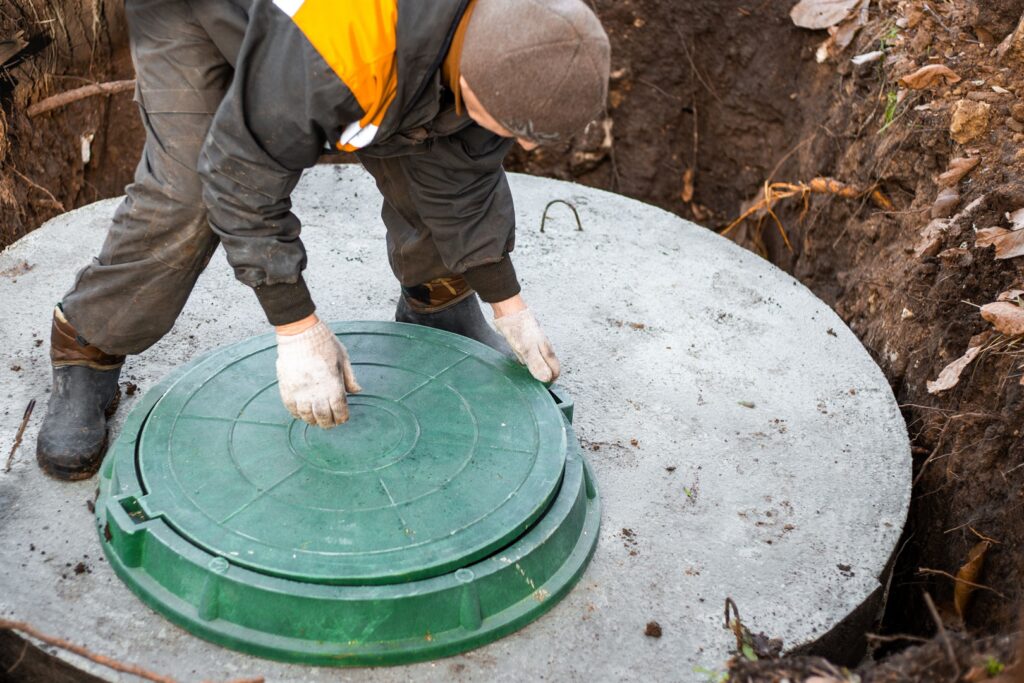
2. Why Do You Need a Septic Tank?
If your home is not connected to a public sewer system, a septic tank is necessary to dispose of household wastewater safely. Without a septic tank, wastewater would have nowhere to go, leading to health hazards and environmental pollution.
Additionally, a properly functioning septic tank can help prevent costly repairs to your plumbing and drainage systems.
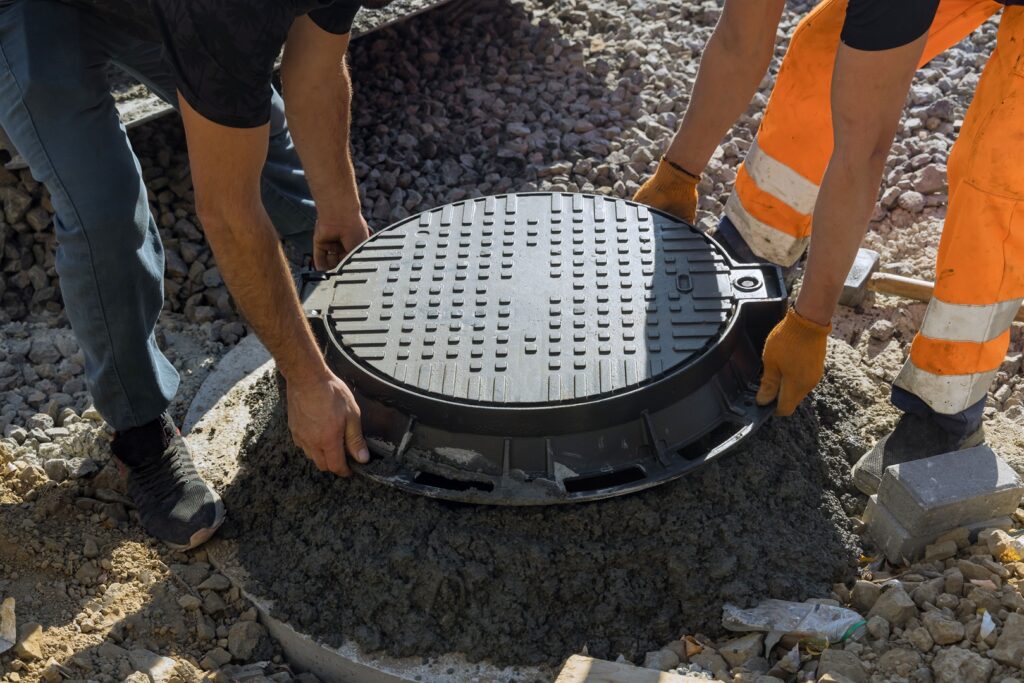
3. How Do You Install a Septic Tank?
Septic tank installation requires the help of a professional, licensed plumber. The process involves excavating the ground to create a hole for the tank and connecting it to your home’s plumbing system.
A drain field is also created, where wastewater from the tank can be further treated by the soil. Proper installation is critical for the efficient and safe operation of your septic tank.
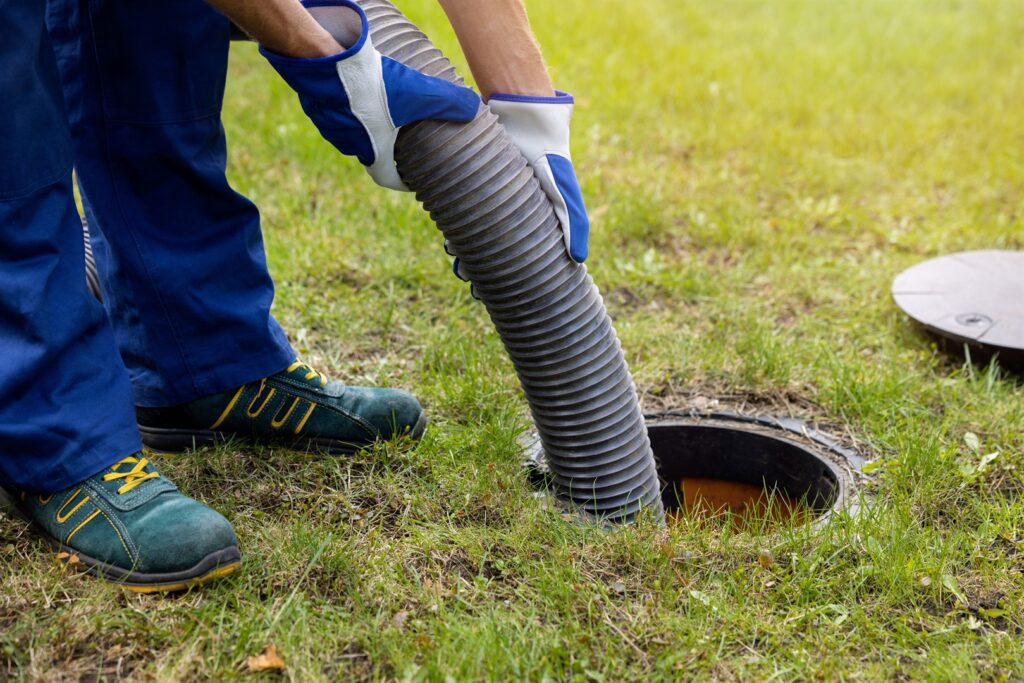
4. How Do You Maintain a Septic Tank?
Regular maintenance is essential to ensure your septic tank operates efficiently and safely. It is recommended to have your tank pumped every 3-5 years, depending on the size of your tank and household usage. This will remove any accumulated solids and prevent clogs and backups.
Other maintenance tasks include monitoring water usage, avoiding flushing harmful substances down the drain, and regularly inspecting the tank and drain field for damage.
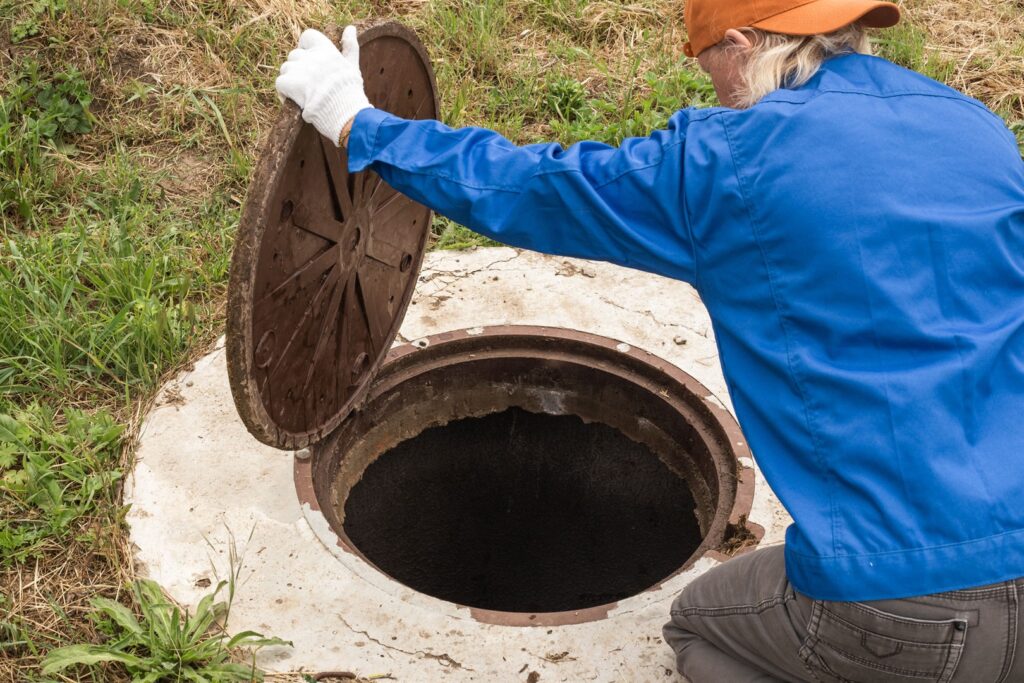
5. What Are the Risks of Not Having a Septic Tank?
Not having a septic tank can lead to serious health hazards and environmental pollution. Wastewater that is not properly treated can contaminate groundwater and nearby bodies of water, leading to the spread of disease and harm to wildlife.
Additionally, without a septic tank, your plumbing and drainage systems can become clogged, leading to costly repairs.
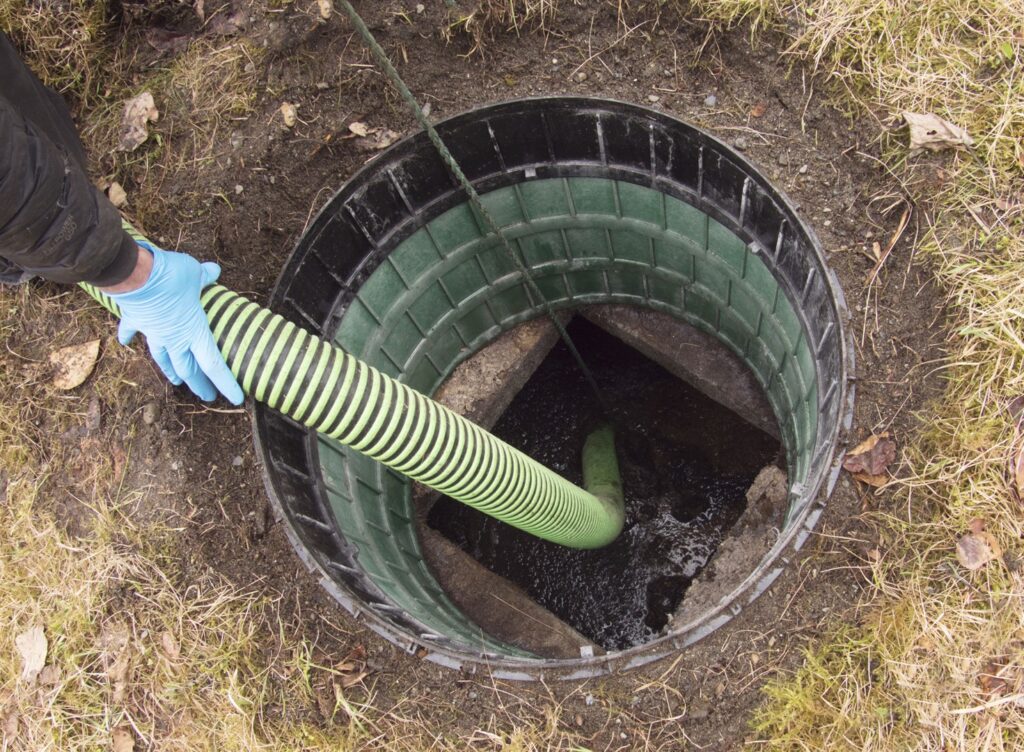
Conclusion
Septic tanks play a crucial role in managing and treating household wastewater for homes that are not connected to a public sewer system. They protect the health and safety of your family, prevent environmental pollution, and can save you money on costly plumbing repairs. If you are unsure if you need a septic tank, consult with a licensed plumber to determine the best solution for your home’s needs.



